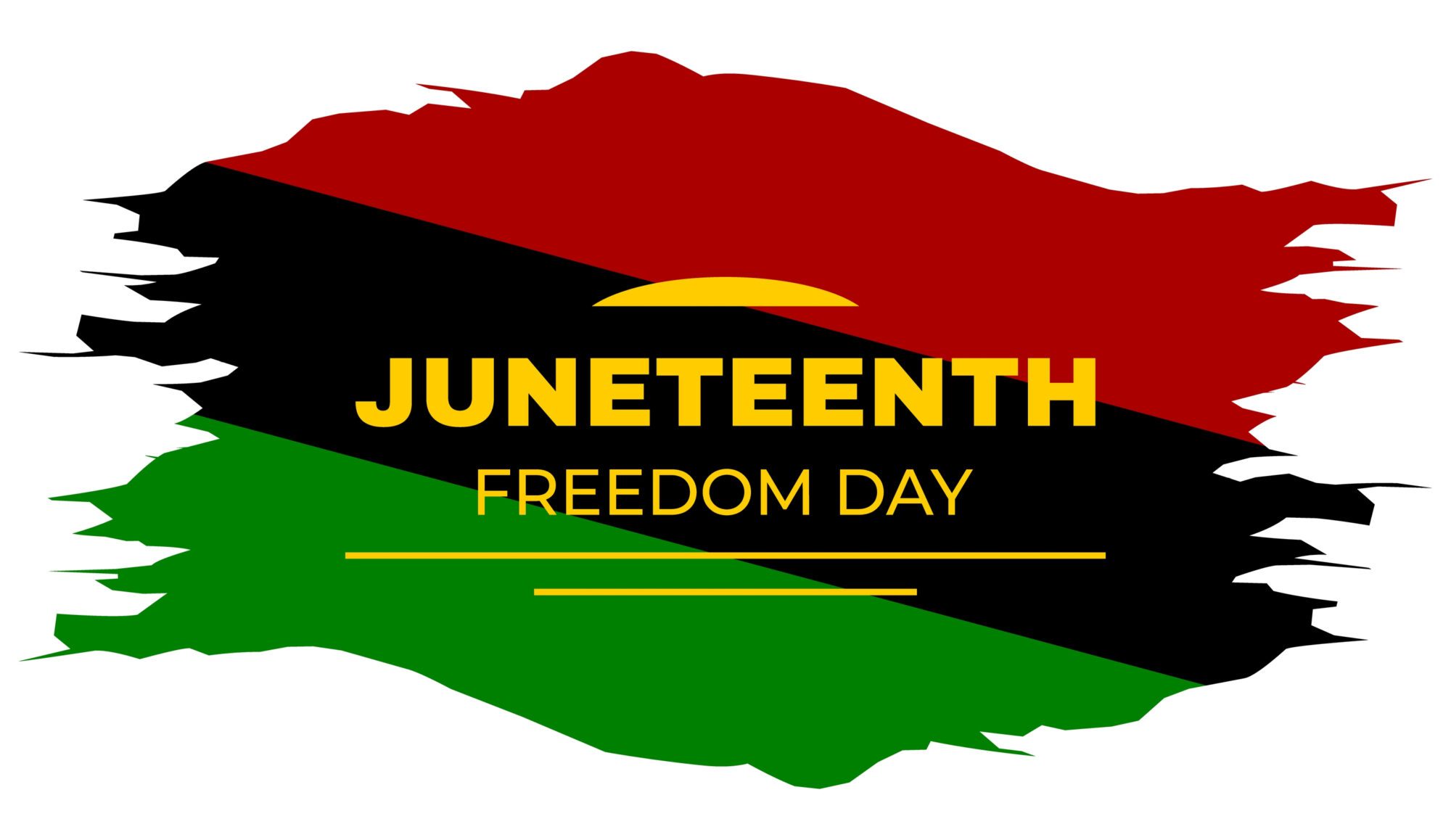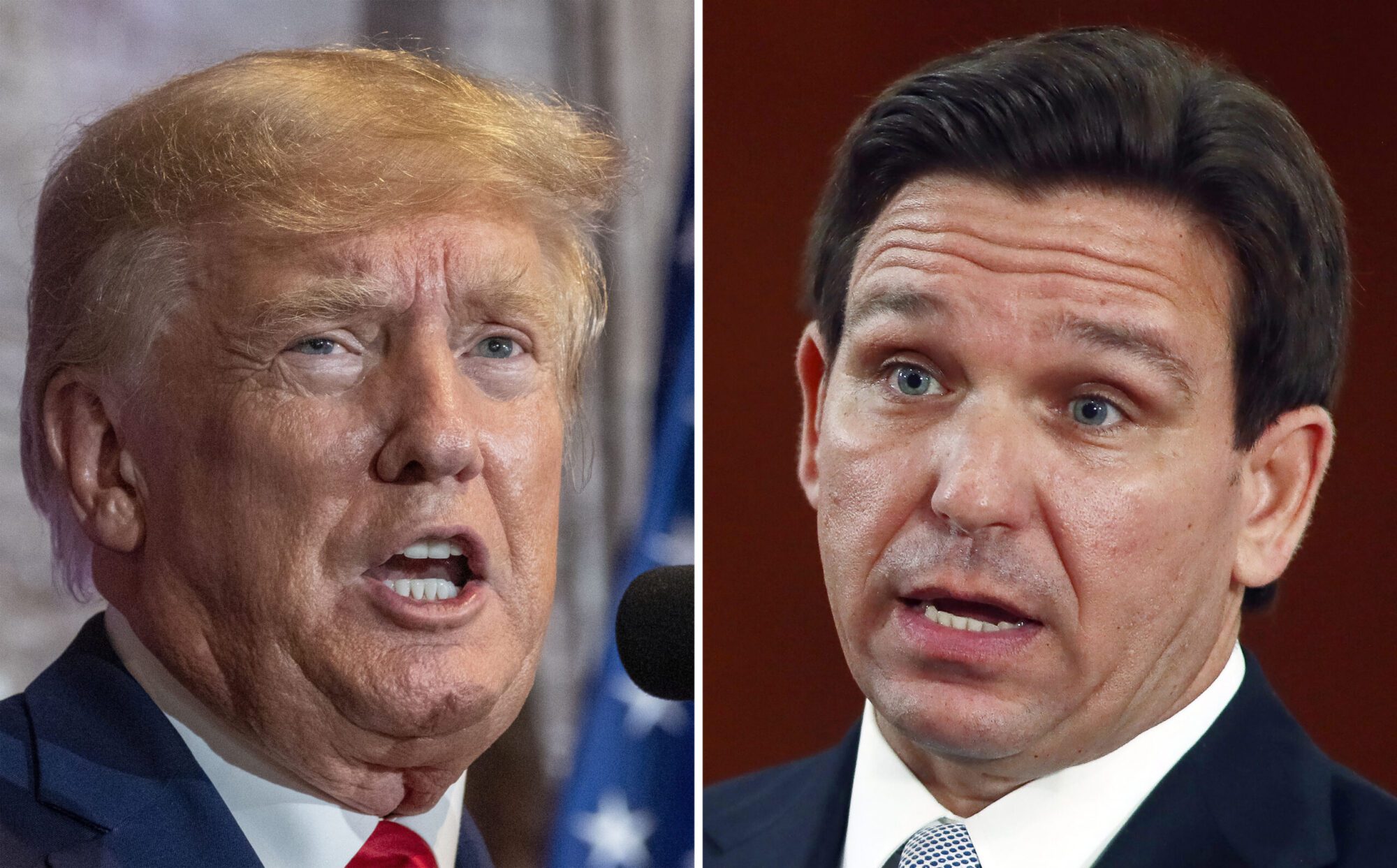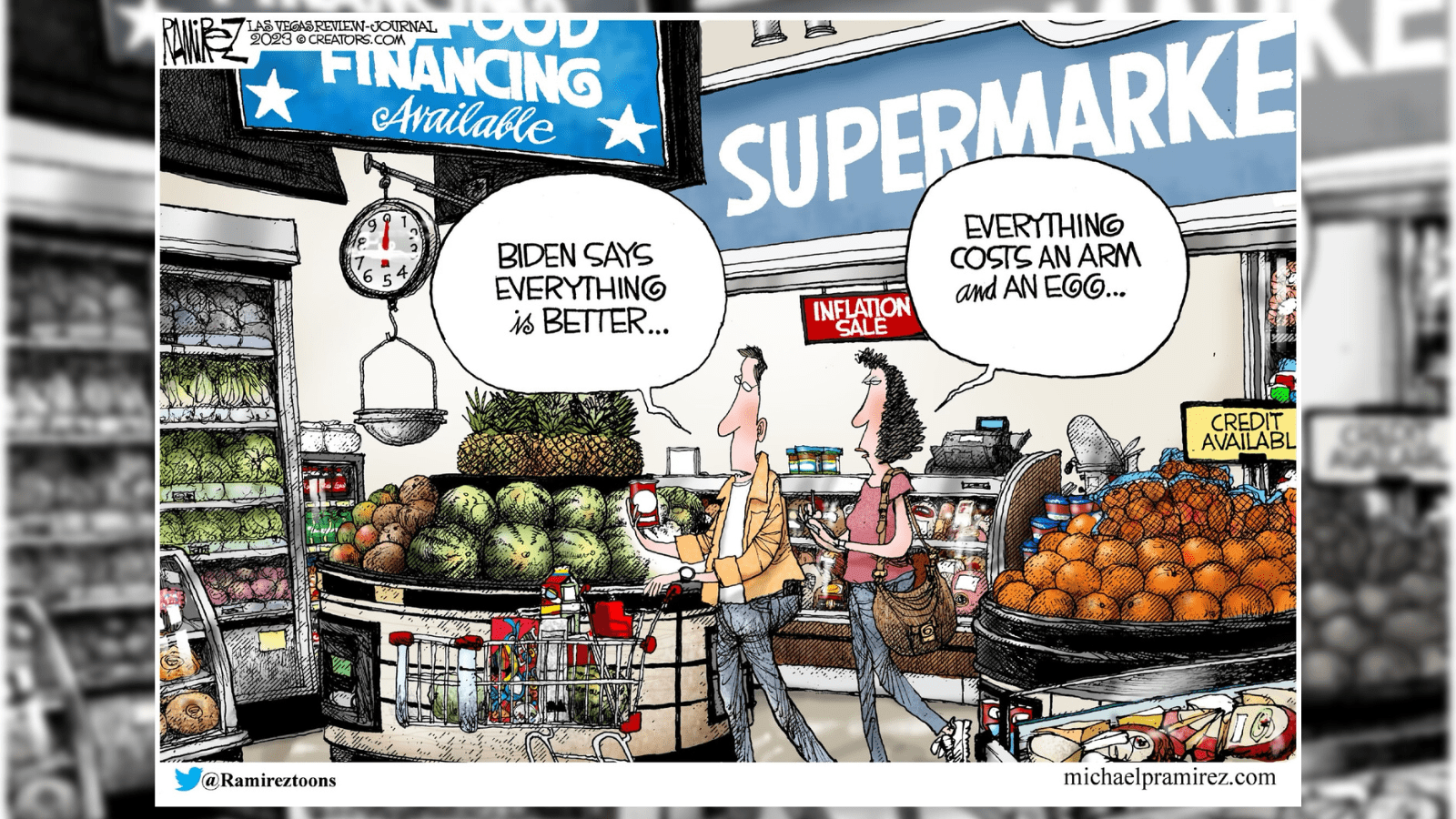
Having waited a few days to see how the media would handle the aftermath and analysis of the 2018 Special Election, I wasn’t very surprised to see how little was done in the way of meaningful political analysis done about what was actually at stake.
Geoff Pender generated the most cogent analysis of the session so far.
Emily Pettus has a serviceable who/what/where article on the session, but there was little in the way of political analysis. After that, it’s as if the rest of the media establishment in Mississippi has simply given up.
But precious little attention has been paid by anyone in the media in Mississippi about exactly what was at stake here politically.
The stakes were pretty high for this effort. Had Phil Bryant stumbled, the media would have hung the failure around his neck and you would have heard the media establishment talking about “lame duck” status. There were real 2019 implications for the GOP in Mississippi and how this was handled. Had there been a stumble, it would have provided House Democrats with some momentum to try and make head roads into what is now a House super majority. While it’s far from a sure bet that Republicans will hold a super majority in 2019, a stumble in this session would likely have created a serious breach in the dam.
Historically, Bryant has been pretty reticent to call a special session when the cost to the state can easily exceed six-figures. When he has, they’ve been brief affairs (often for economic development projects) where there is agreement and votes solidly lined up in advance. He has gone so far to say in the past that he wouldn’t call one unless there was content agreement by the Legislative leadership. That has made avoiding them for legislative leaders a simple matter of one side saying that they wouldn’t agree.
In this special session, no such deal was in place. But months-long tenuous behind-the-scenes negotiations had created a construct where both Tate Reeves and Philip Gunn were reasonably close on a deal. Both wanted and politically needed an infrastructure package for different reasons. Specifically, the construction/road building communities were ready to erupt after waiting out two regular legislative sessions without a proposal. Had the infrastructure issue slipped until the 2019 regular session, there would likely have been hell to pay, and the infrastructure issue could have been used as a bargaining chip against the entire legislative agenda. Bryant knew that there was fierce political pressure to arrive at a legislative bargain that both Reeves and Gunn could live with. So he took real political risk.
The MIMA Bill
The Mississippi Infrastructure Modernization Act (MIMA) diverted 35% of the state’s 7% use tax for online purchases to the state’s bridge repair program. It added an additional $300 million in borrowing for MDOT repair projects. It added a user fee on electric cars and dedicated casino sports betting revenue to the effort as well. MIMA was a pretty simple sell and passed with overwhelmingly bipartisan majorities in both houses.
The Lottery Bill
The Lottery Bill was a lot different. It proposed to put $80 million/year into state roads and bridges with any revenues over that going to education. However, there have been 25+ Republicans that have always opposed a lottery on policy/religious grounds. That meant that for the lottery to pass, particularly House Democrats would have to continue to support the effort. Gunn took a relatively neutral stance. He voted against it, but didn’t actively try to kill it. The bill passed the Senate in short order and passed the House after some amendments. Most of those amendments were grandstanding that ultimately would be stripped out in conference. On Monday night, after the Senate passed the conference report, 12 Democrats and 1 Republican flipped from the earlier yes vote and the House narrowly defeated it 54-60. Bryant’s staff went into overdrive pushing originally supportive Dems to flip. Bryant signaled that he was prepared to make those Democrats “walk the plank” again and again until he got the Lottery through. The next morning, in short order, six Democrats and one Republican flipped and the bill passed 58-54. Shortly after, many Democrats in the “NO” column sought permission from their colleagues to flip their NO to a YES vote. The official tally was ultimately 64-49.
A lot of credit goes to the Governor’s staff on righting the ship. This was pretty deftly handled. The fact that so many Democrats wanted to get off their NO vote was affirmation that Governor Bryant’s team pushed the right buttons. Competent staff (and this would include non-elected staff for the LG and Speaker) is a BIG reason why having 7 of 8 statewides and a House supermajority means so much. The non-elected staff is a major policy force multiplier that Republicans currently have in good number and that Democrats have almost none of.
The BP Bill
The allocation of BP money was something that Bryant held in his pocket. Coast legislators were getting impatient to get a deal done, which provided some leverage. He would not add it to the call as both his staffers and Legislative leadership believed it would be used as a political football and leverage against the other two proposals. Bryant had to let the other proposals get all the way through before adding the BP allotment to the call for the session. Ultimately, the “bottom six” coastal counties were to receive 75% of the BP proceeds with other special needs projects being allocated around the state for the balance.
A good week?
Adam Ganucheau of the liberal blog site Mississippi Today took a look at the federal candidates serving in the Legislature during the special session and how they fared throughout the week.
On his podcast on Mississippi politics entitled The Jungle, he went straight fanboy on his analysis that the Special Session was a real positive for David Baria’s US Senate bid.
Baria took to the cameras as the ostensible leader of the House Democrats at the beginning of the session. While Baria did get a voice vote amendment passed during the initial floor vote , the House leadership knew that ultimately all of the grandstanding would be easily stripped out of the bill in conference. So it was allowed to slide because it was ultimately pretty meaningless.
After his fellow Democrats figured a lottery for infrastructure meant a lot more to them than sticking it to Governor Bryant and House leadership, on Tuesday morning, the vote passed. Following the vote, squishy Democrats ran away from their NO votes like someone had yelled “Fire!” in the House chamber. As Sarah Ulmer documented in what was unquestionably the best example of journalism in the session, Baria had asked colleagues to request unanimous consent to change his NO vote only to later subsequently deny that on camera. As YP began questioning folks involved in the vote change request that all House members on the floor had heard, they instantly wilted and minutes later Baria reached out to Ulmer to correct the record that he had in fact requested the change.
Generally speaking, when a major party nominee gets caught lying on camera about a legislative vote during a US Senate campaign, it takes a special kind of bravado to laud that as “having a good week”.
The fact that the session was a positive for Baria really seems like something Ganucheau’s latching onto. It’s really minute. But that’s their prerogative I suppose. If that was a good week for Baria, I suppose a bad week, in comparison, would likely involve a bullet wound to the leg or something.
Going forward
I’d be remiss if I didn’t congratulate Sarah Ulmer and Courtney Carter with Y’all Politics on their coverage of the special session. From an exclusive interview with Governor Bryant to the most active and up to date social media coverage to breaking some controversy our staff ran circles around other outlets. While other papers and websites are losing readership and ramping down political coverage, we are continuing to grow and we look forward to providing you the most in-depth coverage of Mississippi politics in the upcoming elections.











